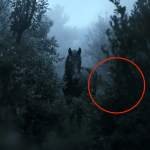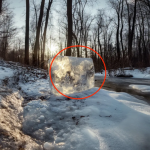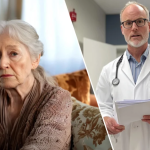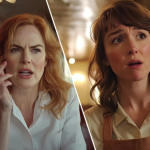A DNA Test Made One Woman Realize She’d Been Lied To For Nearly 70 Years
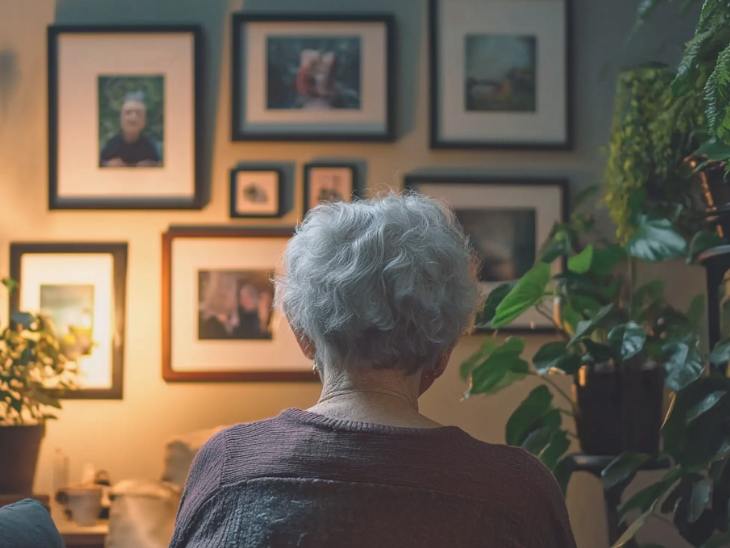
She sat frozen, the phone heavy in her hand. Why was her sister so fiercely against it? What could be hiding behind such anger? Exhaustion crept over her, but sleep offered no comfort—only more questions.
Mary tried to dismiss it as one of her sister’s unpredictable moods. Age hadn’t softened Esmerelda’s sharp edges, and she had always avoided talk of their parents. Mary had assumed it was because of the pain—losing their mother, seeing their father imprisoned.
She had always respected those boundaries. Esmerelda, at nine years old, had endured far more than Mary could remember as a child. But this was different. This wasn’t avoidance—it was fear. And fear meant there was something to find.
Mary’s decision hardened. She wouldn’t be dissuaded again.
The next morning, she gathered the few photos she had and drove to the clinic. The head specialist greeted her warmly, guiding her through forms and basic family questions before collecting a saliva sample and preparing for a blood draw.
It all felt routine—until she found herself staring at her phone, debating whether to tell her sister she was here. Against her better judgment, she snapped a photo of the clinic and sent it.
The reply came instantly. Please, Mary, leave the clinic while you still can! If not for you, then for the family. I beg you!
Mary’s pulse spiked. She demanded to know why, her fingers trembling on the screen. Esmerelda’s answer came back just as quickly: You have to trust me. I can’t explain.
Before Mary could type another word, the specialist reappeared—only now his face was ashen, and in his hands was one of her photo albums.
